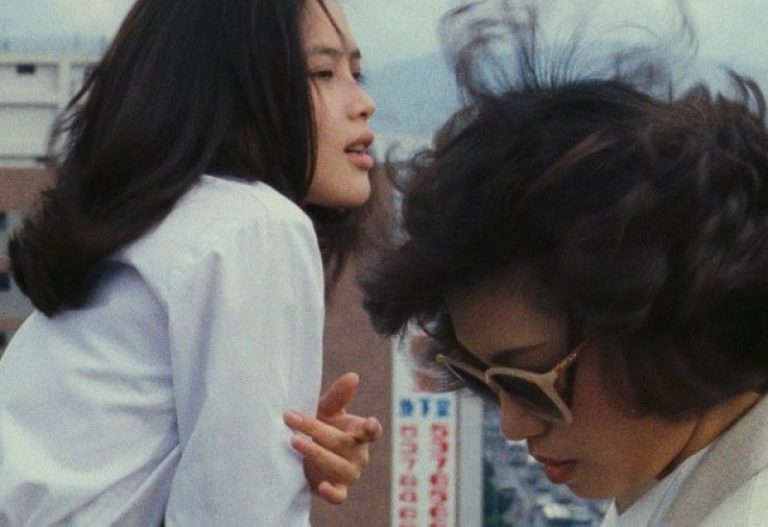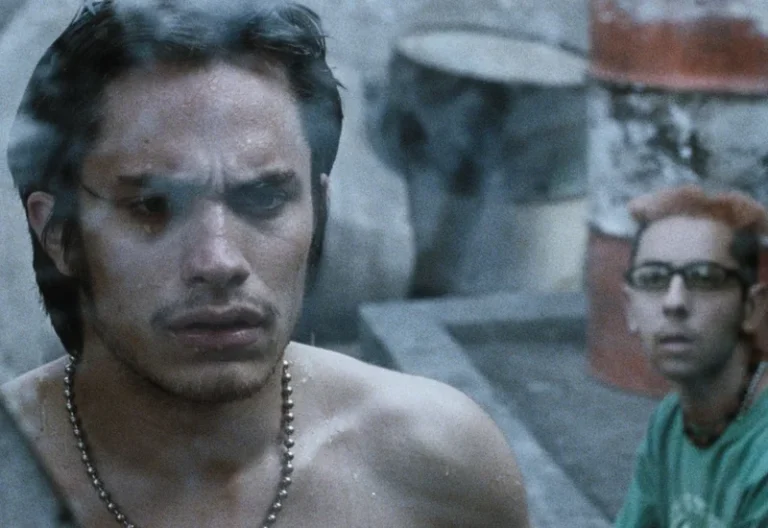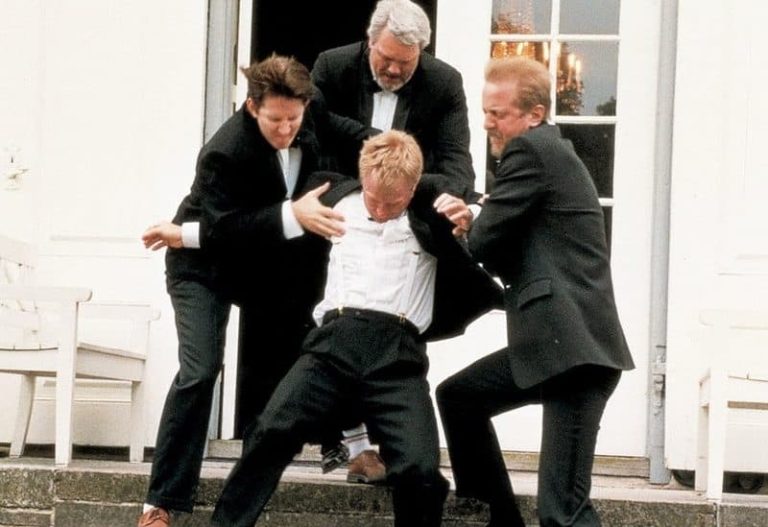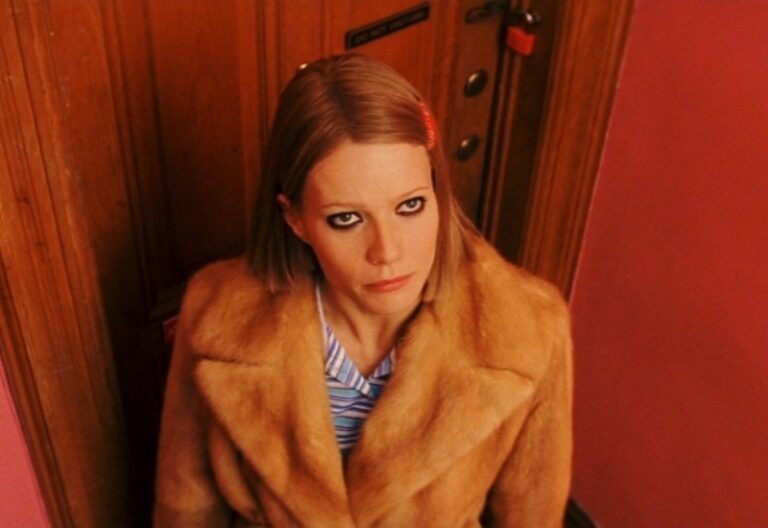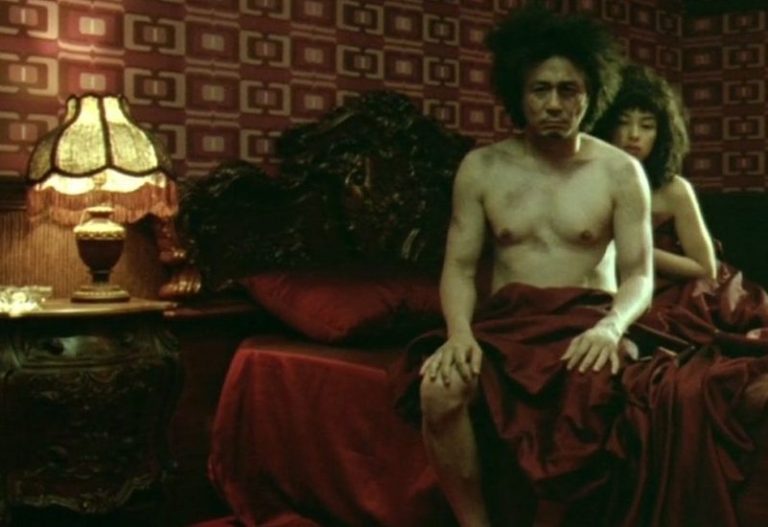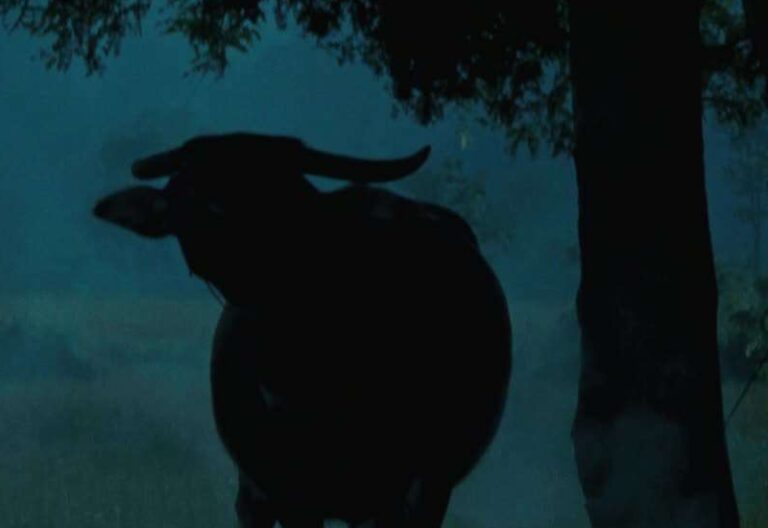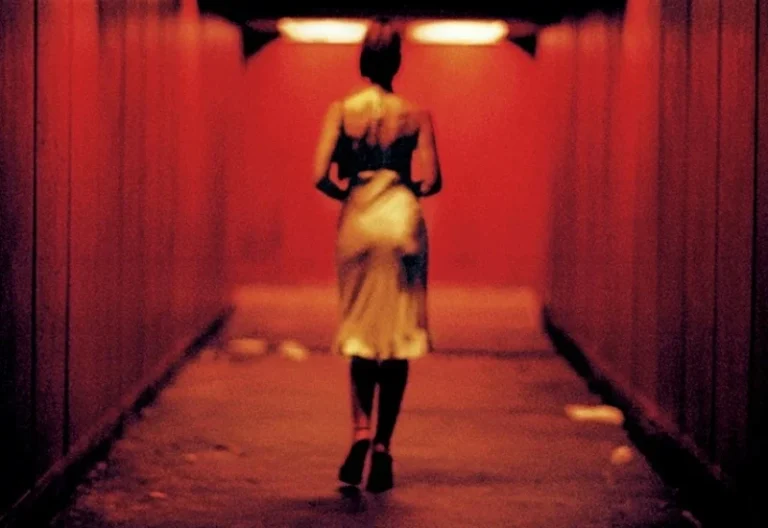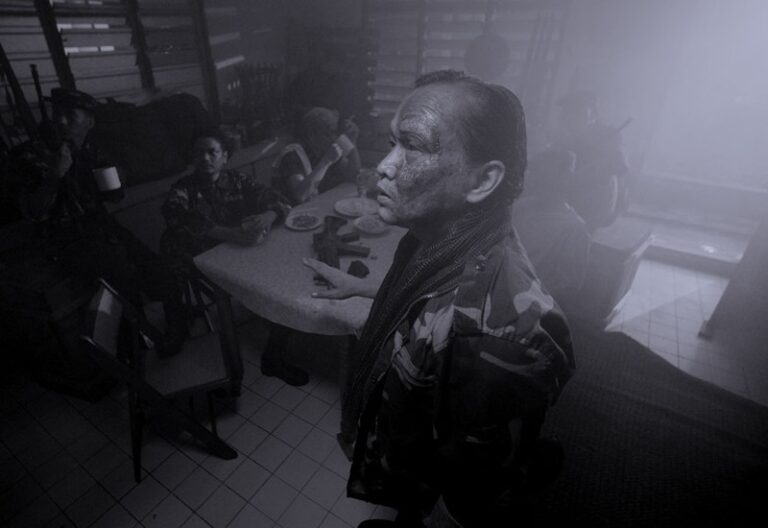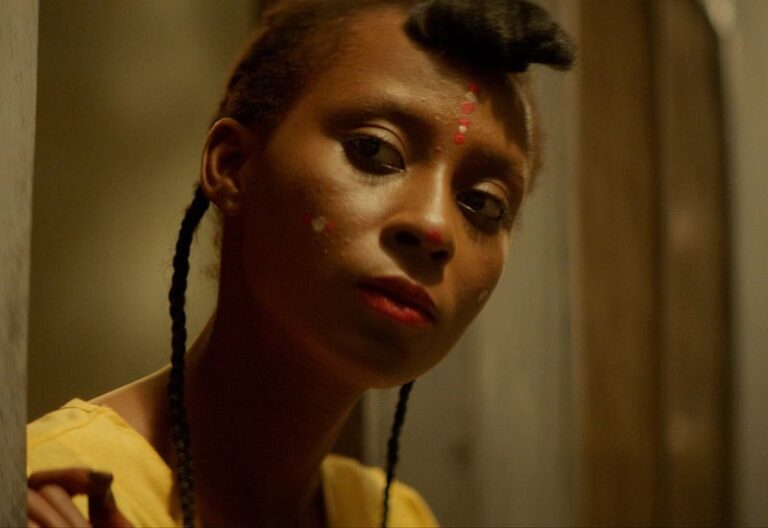film movements
page 3
1980s - 2020s
Taiwan New Wave became renowned for its authentic, grounded, and empathetic depictions of Taiwanese life. These films aspired to present genuine narratives of individuals residing in either urban or rural Taiwan, and are regularly linked stylistically to the works of the Italian Neorealism movement. Through its candid portrayal of life, the New Wave delved into critical societal issues of its time, including urbanization, battle against poverty, confrontations with political authority, and ever evolving Taiwanese identity.
Influenced by academic theories from the 1980s, particularly postmodernism and poststructuralism, New Queer Cinema depicted human identity and sexuality as products of social constructs. Consequently, it portrayed them as flexible and adaptable rather than rigid and unchanging. Within the realm of New Queer Cinema, sexuality is frequently depicted as a disruptive and subversive element, one that challenges, and is harshly suppressed by prevailing heterosexual power structures.
While not a formal or structured movement, the term “Toronto New Wave” is often used retrospectively to encapsulate the spirit of the creative wave that emerged in the city. Filmmakers like Atom Egoyan and Bruce McDonald distanced themselves from the conventional norms of Hollywood, embracing independent and unique way of storytelling, applying techniques such as handheld camerawork, natural lighting and long takes, with films produced on less than $1 million budget.
Known as "Nuevo Cine Mexicano", it is often regarded as a cinematic renaissance of Mexico. Characterized by innovative storytelling and social commentary, while focusing on Mexican culture. This revival is attributed to the creation of superior-quality films, resulting in both international acclaim and impressive box office performance, challenging those of Hollywood. Key themes explored within the movement encompass issues related to gender, identity, tradition, and the complex socio-political landscape of Mexico.
Dogme 95 is a revolutionary and minimalist filmmaking movement that emerged in Denmark in the mid-1990s. Founded by Danish directors Lars von Trier and Thomas Vinterberg, this cinematic movement wanted to strip away the conventions and artifacts often associated with mainstream filmmaking. Dogme 95 imposed a strict set of rules, known as the "Vow of Chastity" on filmmakers, emphasizing raw storytelling, naturalistic acting, and a focus on narrative purity.
American eccentric cinema is a distinctive style of filmmaking that surfaced in the late 20th and early 21st centuries, characterized by its quirky characters, whimsical narratives, idiosyncratic visual aesthetics, and a tendency to blend genres and tones in unexpected ways. This movement, rooted in independent cinema, has grown to influence mainstream film and foster a dedicated fan base.
Unfolded in South Korea in the late 20th and early 21st centuries, it revolutionized the country's film industry and introduced an distinct aesthetics and exceptional talent of directors, actors and screenwriters to the world of cinema. The Korean New Wave explores a rich tapestry of themes, including family, revenge, social inequality and identity. Its global impact, marked by critical acclaim and historic wins at major film festivals, has left an enduring legacy on the international film landscape.
Thai New Wave Cinema is a movement that started in the late 1990s and gained momentum throughout the early 2000s, revitalizing cinema of Thailand. Directors like Apichatpong Weerasethakul, Pen-Ek Ratanaruang and Wisit Sasanatieng were at the forefront, exploring themes such as social and political issues, cultural identity and the human condition. Numerous films gained international acclaim and recognition at major film festivals around the world, including Cannes, Berlin and Venice.
New Extremity is a provocative and boundary-pushing cinematic movement that originated mainly in Europe. It is defined by its unflinching exploration of taboo subjects, graphic violence, visceral horror and explicit sexuality. Filmmakers associated with the movement challenge classical storytelling norms, aiming to shock and provoke audiences while delving into the darkest corners of human experience. The New French Extremity movement has its roots in arthouse and horror cinema.
The Berlin School Movement of the 2000s can be seen as an evolution of the broader landscape of German cinema, with its roots tracing back to the 1990s. The movement emerged in a post-reunification Germany, marked by societal changes and a shifting cultural and political landscape. Many filmmakers associated with the movement, including Christian Petzold and Angela Schanelec, studied during the 1990s at the Deutsche Film und Fernsehakademie Berlin (DFFB), arguably the country’s most intellectual film school.
Low-budget filmmaking movement that started in the early 2000s, characterized by its emphasis on naturalistic dialogue, and the exploration of everyday life and relationships. Filmmakers often employ non-professional actors, minimalist production techniques, and improvisation to create authentic and relatable narratives. This movement is celebrated for its genuine portrayal of the human experience, making it a unique and influential part of independent cinema.
The Philippine New Wave, also known as the Filipino New Wave, is a currently active movement in Philippine cinema that unfolded in the early 2000s. It is characterized by a departure from traditional filmmaking practices and narratives, embracing digital technology, and exploring innovative storytelling techniques. The movement has gained worldwide recognition and has been pivotal in revitalizing Philippine cinema.
The Romanian New Wave is cinematic movement that arose in Romania in the early 21st century. Known for its stark realism, social commentary, and minimalist storytelling, the movement has garnered international acclaim for its thought-provoking and often gritty portrayal of contemporary Romanian society. Characterized by talented directors like Cristian Mungiu and Cristi Puiu, the Romanian New Wave offers an unflinching look at the human condition, showing the artistic depth of Romanian cinema.
New Nigerian Cinema, also known as New Nigerian Wave, or Nollywood 2.0, represents a transformative period in the Nigerian film industry. This renaissance, starting in the mid-2000s, signifies a departure from the low-budget, rapid-production approach that characterized the earlier Nollywood films. It marks a shift towards higher quality films with improved storytelling, gaining significant international recognition.
The Greek Weird Wave is a distinctive and unconventional movement in Greek cinema that surfaced in the late 2000s as a response to the country’s economic and social challenges. Characterized by surreal storytelling, dark humor, departure from traditional narrative structures and a sheer “weirdness”, the films explore themes of alienation, identity and societal norms. The movement wasn’t a preplanned initiative, instead, it was a convergence of individual artistic expressions that shared a common spirit of innovation and change.

